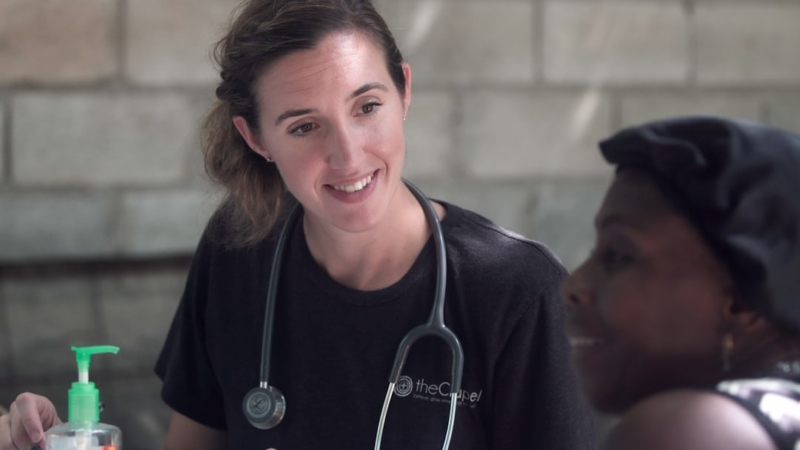"Low-income working people across the state have shown again and again that they’ll get health insurance when it’s affordable. This year, more than 3.2 million Texans signed up for coverage with Affordable Care Act health insurance – setting a new record. That’s because federal subsidies kept premium prices low," Episcopal Health Foundation (EHF) president and CEO Dr. Ann Barnes
High Medical Costs
Dr. Ann Barnes said the new data shows a 64% percentage of people foregoing treatment, a modest decrease from the 68% recorded in 2022. However, she emphasized that this trend signifies a concerning pattern suggesting higher risks of future health complications and increased healthcare expenses among Texans.
"Skipping preventative tests and checkups is like ignoring warning signs on a road - it may be ok now, but you won't know when life-changing obstacles are coming," Barnes said in a statement. "Missing treatments usually ends with existing medical conditions getting worse, not better. And the cost of future care only gets higher."

Skyrocketing Medical Costs Forced Texans to Bypass Treatments. Photo by TopSphere Media on Unsplash
Approximately 5 million Texans lack health insurance, making the Lone Star state with the highest number of uninsured persons nationwide. This represents about 16% of the state's total population, more than double the national average.
Nearly half of the individuals surveyed admitted to delaying necessary treatment, with over a third confessing to declining recommended tests or treatments. Furthermore, one out of every five respondents reported encountering obstacles in accessing mental health services, while nearly another one in five revealed they had either missed a dose of prescribed medication or only consumed half of the prescribed amount.
Expense Challenges
The survey also indicates that several people interviewed who sought treatment encountered challenges with the associated expenses. Approximately thirty-seven percent of the survey participants reported facing difficulties in meeting their healthcare costs. This figure represents a slight decrease from the forty-three percent reported in the 2022 survey. However, the findings highlight persistent disparities between younger adults and Black and Hispanic Texans is more prone to financial struggles in setting their medical bills.
Non-Medical Reasons
The EHF also discovered that Texas's healthcare affordability and access crisis has been exacerbated by non-medical reasons. These elements consist of:
- Lack of job security
- Living in an area with inadequate public transit
- Lack of access to reasonably priced housing
- Discrimination based on race or ethnicity
- Having trouble accessing high-quality healthcare
- Living in an area without essential resources
According to the study, the survey results show a return to a normal pattern of healthcare accessibility, but with certain cases of restricted access, similar to the circumstances before the worldwide COVID-19 catastrophe in 2020. During the COVID-19 pandemic in 2020 and 2021 fewer people sought medical care due to medical facilities under stay-at-home orders, the analysis reported.
“This may explain the lower levels of difficulty with medical bills in 2020 and 2021. But with most COVID-19 restrictions lifted in 2022, the number of Texans struggling to afford their medical bills increased back to pre-pandemic levels and have stayed relatively consistent.”
Moreover, a concerning proportion of participants in the survey revealed that they do not currently have a consistent healthcare provider. Specifically, approximately 14% of respondents from varied demographic backgrounds expressed that they lack a primary care physician or a regular healthcare facility for medical attention. This figure significantly rises to 35% among individuals aged 18 to 64, without health insurance coverage.
Do Texans Expect Government Help?
The survey also reflects that most Texans think the state government should step up and do more to expand access to healthcare - but hasn’t done so.
More respondents, specifically 68%, feel that the current leadership in Texas is not sufficiently addressing the issue of expanding access to healthcare for low-income adults. Furthermore, a majority of 57% expressed that the state lacks efforts to support children in accessing healthcare. Approximately 50% and 48% of respondents believe there is room for improvement in providing healthcare access for pregnant women and immigrants in Texas, respectively.
“Texas is one of only 10 states that has not expanded Medicaid coverage to include more low-income adults under the 2010 Affordable Care Act. However, residents have relatively favorable views of the program and its ability to help low-income people,” the survey notes.
Houston News Today Reporter & Editor Clarence Walker can be reached at [email protected]
